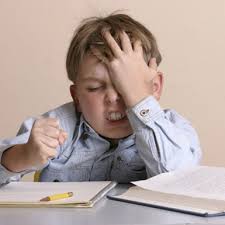
I've heard writers say that the easiest parts of their books are the beginnings and endings. They know where they want to start, and they can see a clear ending. The middle, for many, is the hard part. It's not too hard to create a dynamite beginning and ending (drama, flash, romance, mayhem, whatever) but to carry that energy through the MIDDLE of the book (200-300 pages) can be a greater challenge for many authors.
For me the ENDING is the hard part. I'm not a great outliner with a file of cards detailing scenes from page 1 to the end. For me the beginning is easy and fun. I like to start in the middle of the action and go forward, sprinkling enough information along the way for the reader to be filled in on the novel's world. The MIDDLE for me is fun and organic. I work up character histories (family, hopes, dreams, flaws, strengths) so the characters seem to take on their own lives as I write. I know roughly where I want the book to go, but the interaction of strong, well thought out characters do the 'heavy lifting' for me.
What is hardest for me is the ENDING. I don't want a sappy or a predictable ending, so (like many film makers) I try multiple endings. Right now I'm trying not only to end a third novel, but it is the last in the 3-book BLENDING TIME series. So that is kind of a double whammy--the end of a book plus the end of a series. It has to be just right (at least for me).
More than once I've come to the end someone's trilogy only to toss the book across the room because the author chose to use a predictable or cliched ending which killed the integrity of good writing. I think the reader deserves a memorable, unpredictable ending for any novel.
So, onward and upward to the ending (which is keeping me awake nights, but which will somehow come together). I hope, I hope, I ...









